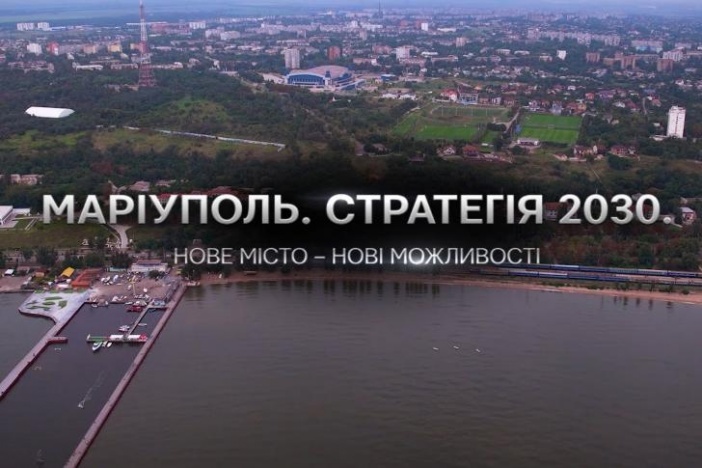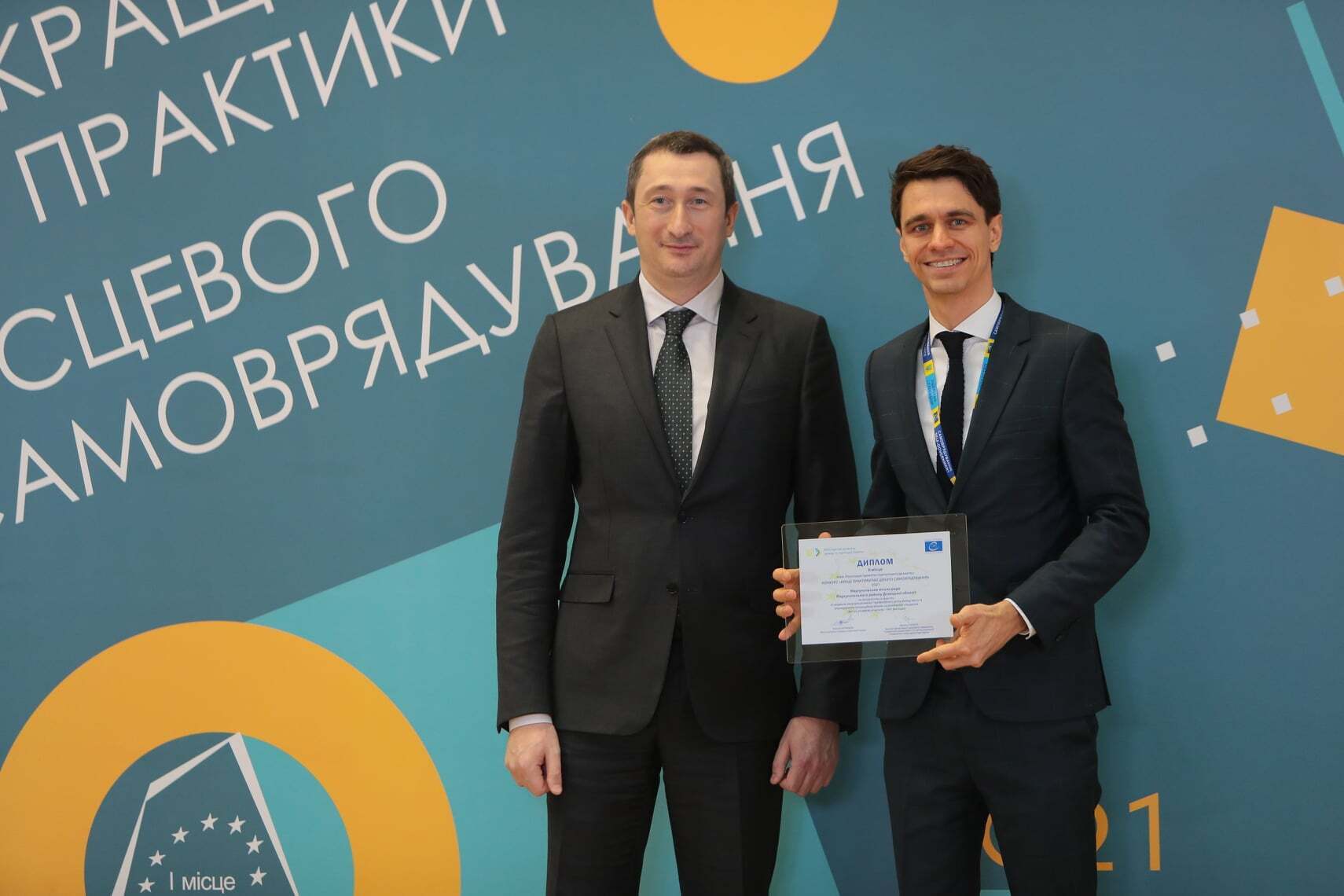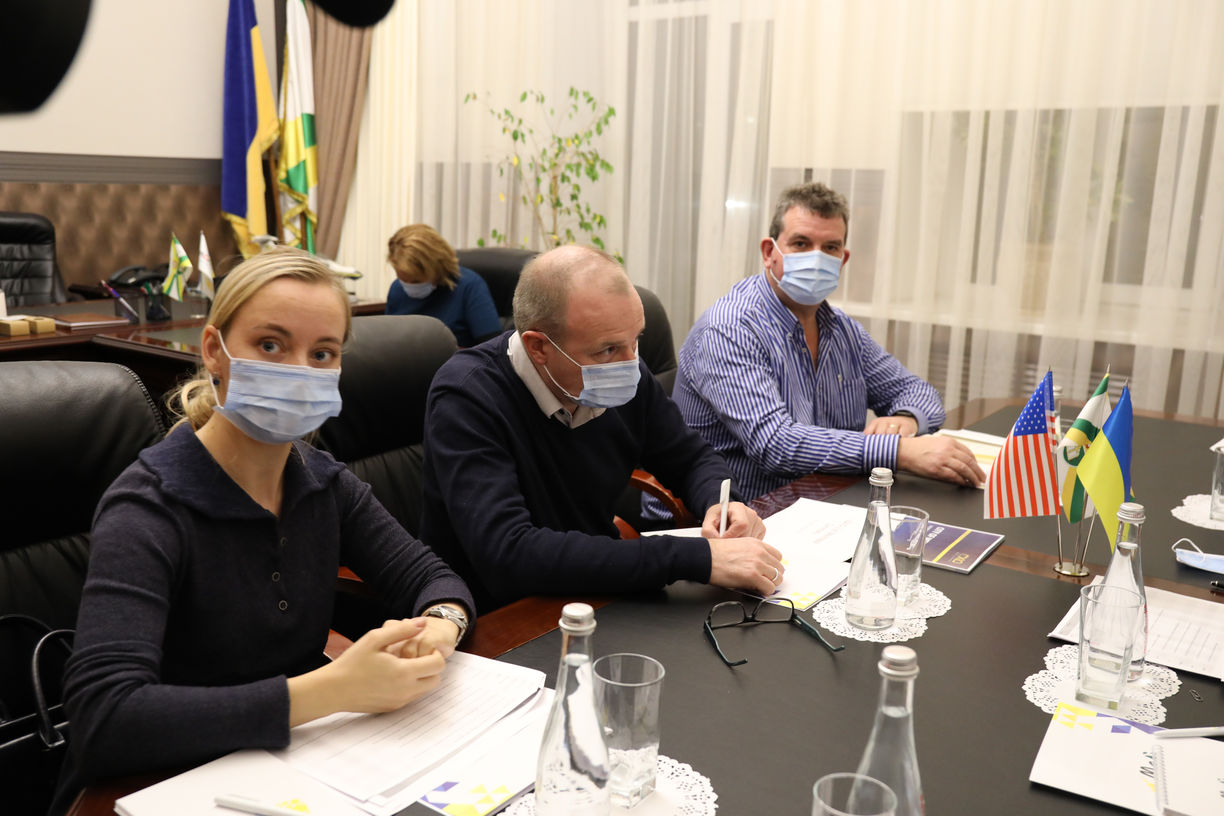USAID Economic Resilience Activity (ERA) facilitated a meeting between ERA contractor Kharhiprotrans LLC and management and leading technical specialists of Ukrainian Railways (UR) subsidiary in Donetsk Oblast.
UR provided plans and diagrams of existing railways in Luhansk Oblast, as well as plans of railway stations in Bilokurakyne, Novoaidar, Rubizhne, Sievierodonetsk, Starobilsk and Svatove, Luhansk Oblast, and other technical information to begin work on the preparation of the feasibility study to connect the Kindrashivska- Nova–Lantrativka line to the national railway system. UR designers and technical specialists discussed possible options and pros and cons for the construction of the new railway branch. UR will hold an on-site meeting in Rubizhne and Sievierodonetsk, Luhansk Oblast to clarify possibilities of building or expanding these railway stations in connection with construction of a new railway line.
Luhansk Oblast State Administration (LOSA) held a meeting in Sievierodonetsk, Luhansk Oblast with Kharhiprotrans LLC, relevant LOSA departments, and the leadership of cities and communities in Luhansk Oblast on the potential allocation or purchase of land for the future railway line, assistance with information and plans of cities, and the public hearings and public awareness aspects of the project. LOSA provided information on protected lands so that designers can minimize the project’s impact on the environment and began to form a list of landowners and tenants for each of the four options.
ERA promoted plans for citizen participation in public discussion of the project before a final option is chosen, in order to take into account the opinion of the population and public organizations and ensure public influence on an important project for the development of the whole area.












